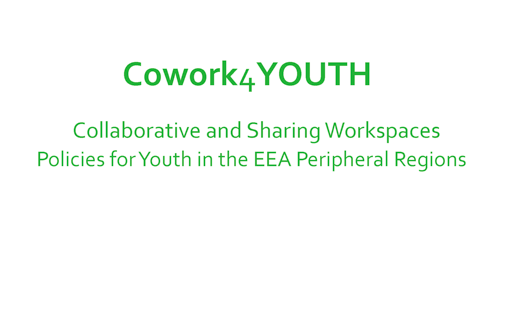2023 has been declared as the European Year of Skills by the Commission, after the proposal of the Commission’s President, Ursula von der Leyen in her State of the Union address earlier in 2022. Skills are a crucial tool for job hunting and integrating into the labour market, but since technology and daily affairs change rapidly, enriching one’s practical and theoretical knowledge to higher standards is a necessary re-adjustment for enhancing the possibility of successfully filling a job vacancy. In other words, upskilling is almost -if not entirely- mandatory if a person wants to multiply their odds to leave their unemployment status.
Two of the focus countries of the Cowork4YOUTH project are Greece and Ireland and in this article we are examining the proposals and measures announced by their relevant agencies/ ministries regarding upskilling.
For Ireland, the Minister for Further and Higher Education, Research, Innovation and Science, announced in December 2022, 10 apprenticeship programmes for 2023. There are already running 66 programmes nationwide, and another 11 are in development. The programmes concern skills targeted to sectors like technology, engineering, farming, horticulture and hospitality, as those are the ones deemed in immediate need for recruiting. Additionally, the Irish Minister of State for Skills and Further Education emphasized on the major challenge of skills shortage in the country, pinpointing furthermore the reason for planning these apprenticeship programmes. More specifically, the new apprenticeships are planned to begin July 2023, and include digital marketing and media, sports turf management, civil engineering, farm management, precision machinist and quality control and horticulture.
For Greece, funding up to 600 million euros for upskilling, targeting up to 420 thousand both unemployed and employed people is being planned, with about 2 thousand euros for each unemployed trainee and 1,100€ for the rest (the difference in personal funding costs derives from the length of the training period, which is half for the latter). The programmes entail training in digital and green skills; specifically for digital skills, funding is planned for training that includes big data analysis, databases, data and cyber security, programming languages, mobile applications, and video and image editing, whereas green skills entail the use of new technologies in sectors like green economy, green entrepreneurship, eco design, renewable energy sources, and smart homes and cities. Blended learning (online and in person) will also be applied for the training sessions.


